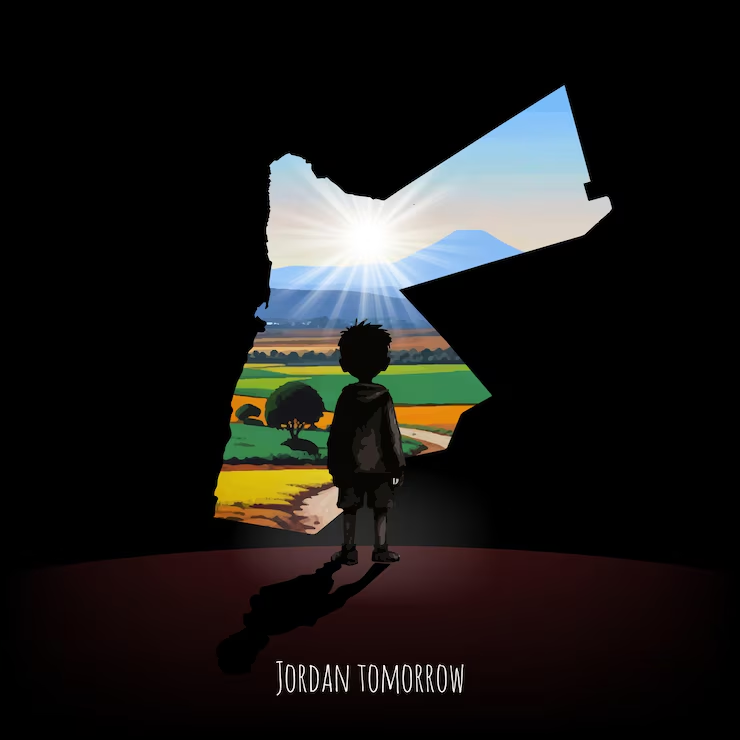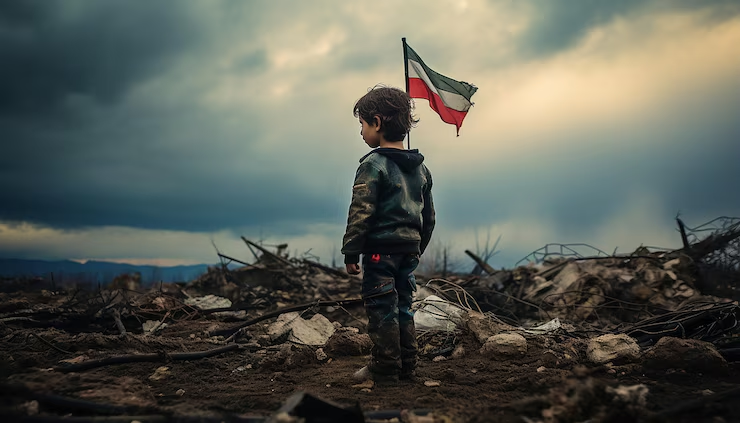Global leaders are speaking out. They issue statements. They take actions. They call for aid. They press for peace. This article looks at how key countries and bodies have reacted to the Gaza conflict.
United States response
The United States watches closely. President Donald Trump says he will help get food to Gaza. He notes that “a lot of people were starving” in the territory. And he pledges to make sure aid reaches those in need.
So the White House keeps a firm line. It warns groups like Hamas and Iran. It says they will face consequences if they harm civilians or U.S. interests.
Secretary of State Marco Rubio adds that the U.S. is “troubled” by how little aid finds its way into Gaza. These remarks show the U.S. aims to push for humanitarian relief even as it backs Israel’s right to self-defense.
United Kingdom response
The U.K. under Prime Minister Keir Starmer has taken a new tone. Starmer calls the situation in Gaza “intolerable.” He says the U.K. does not support a bigger Israeli military push into Gaza.
Foreign Secretary David Lammy has been more forceful. He suspended free trade talks with Israel. He labeled the blockade of humanitarian aid “abhorrent” and “unacceptable”. He also imposed sanctions on some Israeli settlers in the West Bank.
And the U.K. summoned the Israeli ambassador to protest the aid restrictions. These steps mark a shift. For years, the U.K. moved in step with U.S. policy. Now it moves more with its EU partners on Gaza.
European Union response

Several EU members call for tough measures. France, Spain, and Belgium want to suspend the EU’s partnership deal with Israel. They say Israel may violate humanitarian law in Gaza.
At the same time, Germany and Italy hesitate. They fear fallout for trade and security ties. So the EU high representative Kaja Kallas now reviews Israel’s human rights record. She may recommend steps soon.
But France plans to recognize a Palestinian state in June. That move could add pressure on Israel to ease Gaza restrictions.
Canada and other Western states
Canada joined the U.K. and France in a joint statement. They warned Israel to end its Gaza offensive or face more steps. They said Israel must allow more aid in. They also hinted at sanctions if Israel refuses.
Australia spoke up too. Prime Minister Anthony Albanese said Australia will push for peace and for respect of the Gaza ceasefire deal. He stressed that all sides must protect civilians and let in aid trucks.
Middle Eastern responses
Arab states held a summit in Baghdad. They urged an immediate halt to Israel’s military actions in Gaza. They backed a plan to rebuild Gaza without moving its people.
Iraq pledged $20 million for Gaza and Lebanon. Egypt’s president Abdel Fattah el-Sisi said a peace deal must include a Palestinian state. He called for full aid access at the Rafah crossing.
And Qatar’s prime minister described the Gaza ceasefire deal as “a start.” He said the world must work to keep peace. He named Egypt, Qatar, and U.S. envoys for their role.
United Nations and international bodies
The U.N. chief António Guterres issues regular calls for stopping the fighting. He says the world must act now to end the “dehumanization” of Gaza. He urges all parties to keep the ceasefire and let in aid.
He also welcomes any deal on hostages and aid moves. He notes that a pause in fighting must become a lasting peace. And he points out the risk of further harm to civilians if the siege stays in place.
The World Health Organization chief Tedros Adhanom Ghebreyesus says “peace is the best medicine” to stop health needs from rising even more. The World Food Programme head Cindy McCain calls for more trucks and safe passage so her teams can feed people in Gaza
Broader international reaction
Many other countries have spoken out:
Ireland: Deputy Prime Minister Simon Harris called Israel’s moves “genocidal activity.” He wants a ban on trade with illegal settlements.
Japan: Joined France and Ireland in condemning shots fired near EU diplomats in the West Bank.
Bangladesh: Urged Israel to follow international law. It called on the U.N. to end the violence and protect civilians.
Chile: Condemned the “brutal attack” on Gaza’s civilians and pushed for a ceasefire.
China: Urged restraint and warned against actions that could worsen the crisis.
What comes next?
Leaders eye upcoming summits. The G7 meets in June. They may discuss Palestinian state recognition. And the U.N. General Assembly will hear more calls for action.
So far, no full consensus has formed. Some states block strong measures. But global pressure keeps growing. More aid must reach Gaza. More talks must take place. And more voices will rise to press for a lasting peace.
Conclusion
Global leaders respond in many ways. They speak out. They sanction. They warn. They pledge aid. Yet the crisis in Gaza deepens. Aid still falls short. Civilians still suffer.
And that is why these responses matter. They shape the path ahead. They can open or block new steps for peace.
We will keep watching how these leaders act. We will keep sharing their moves. But above all, we hope for a quick end to the suffering in Gaza.

